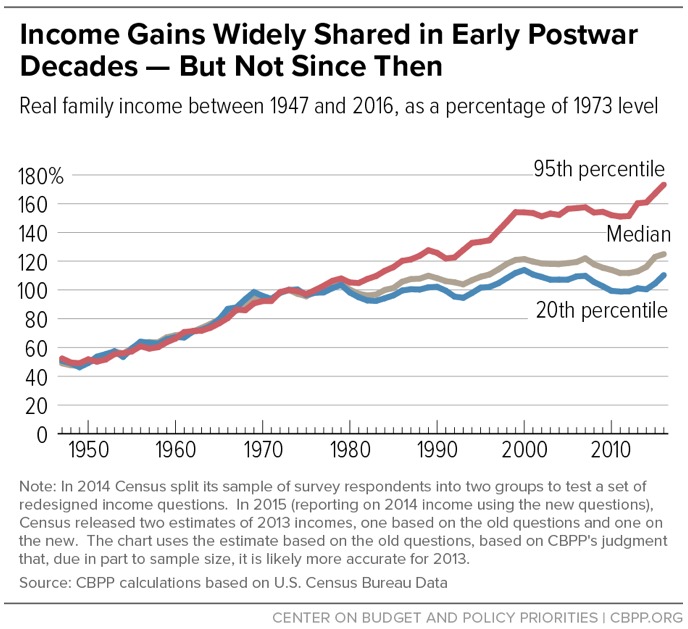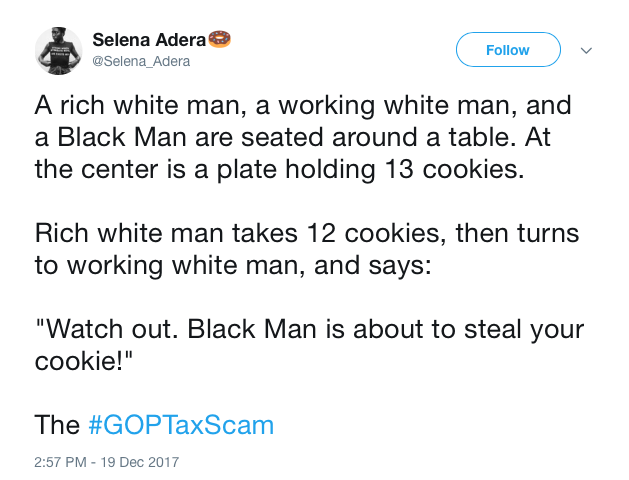
Source
How could Donald J. Trump have attracted enough votes to be elected President of the United States? Given his outrageous, erratic, and immoral behavior, how can he retain his following?
I recently encountered one piece of this puzzle, in an article by Susan McWilliams in The Nation, 15 December 2016, entitled, This political theorist predicted the rise of Trumpism. His name was Hunter S. Thompson.
She describes Hunter S. Thompson's 1966 book, Hell's Angels, about a group of disaffected Americans, and "their `ethic of total retaliation' against a technologically advanced and economically changing America in which they felt they’d been counted out and left behind."
You must read this article.
To those familiar with Bible stories, this resonates with the story of Samson bringing down the pillars of the Temple.
Then Samson reached toward the two central pillars on which the temple stood. Bracing himself against them, his right hand on the one and his left hand on the other, Samson said, “Let me die with the Philistines!” Then he pushed with all his might, and down came the temple on the rulers and all the people in it. Thus he killed many more when he died than while he lived. [Judges 16:29-30]
To understand the backstory, and Samson's despair, read all of Judges 16.
Since World War II, the wealth of the United States has grown enormously. However, starting in the mid-1970s, the wealthiest Americans have reaped by far the largest portion of income growth. For most Americans, income has stagnated while costs and risks have been shifted to them, rather than being shared by the whole society.
This is not the only cause of Trumpism, but I am convinced that it is an important one. It explains why an appeal to "economic rationality" is unlikely to have any effect on Trump's supporters. They are not simply sad or envious because others are doing better than they are. They are furious at a society that disregards and disrespects them, closing off all opportunity to make a decent life for themselves or their children.
More detail on the income divergence since 1980 between the bottom 90%, the next 9%, and the rich and extremely rich.
An old joke has a lot of truth to it.

Except, of course, it's not just Black men. It's immigrants, Mexicans, Muslims, and many other groups, too.
I just read a Letter to the Editor [NY Times, 1-21-2019] that succinctly expresses this point, and the policies that follow from it.
[Letters to the Editor, New York Times, 21 January 2019]To the Editor,
I worry about the nation my children will inherit.
I worry about the erosion of confidence in our government and its institutions by the working-class community.
I worry that more and more people believe that all politicians and public officials are corrupt, partisan and out for themselves.
I worry that as this point of view becomes more accepted, the ground for autocrats and strongmen becomes more fertile, and our democracy more imperiled.
I worry that our representatives, on both sides of the aisle, are so removed from the reality of working-class life that they fail to see, and fail to understand, the true driving forces of working people’s discontent.
Some Republican leaders have responded to this discontent by making scapegoats out of immigrants and minorities, and some Democratic leaders have falsely characterized working people as ignorant bigots, and then dismissed them as a lost cause.
Members of the working-class community have lost confidence in mainstream politicians and our institutions because their needs have been ignored. They vote for fringe candidates out of desperation, because they feel they have no voice in the establishment.
For decades, as our nation increased its wealth, working people saw little improvement in their lives. They helped to make our country prosperous, but, increasingly, have been unable to pay their bills or afford health care.
For decades, corporate leaders and their shareholders built their personal wealth by cutting worker benefits, eliminating pensions, dismantling unions and demanding ever higher levels of productivity and efficiency, while eliminating any sense of job security.
For decades, our representatives in Washington allowed this degradation to continue unchecked and have often enriched themselves by turning a blind eye or by being openly complicit. Our political leaders allowed workers to be treated as just another disposable commodity.
This lack of respect for a group of people absolutely critical to the success of our nation has torn our country apart and threatens everyone’s future.
We must find a more equitable balance between wages, productivity and profits. A rise in productivity should trigger a rise in salary, and when profits soar, the working people instrumental in that success should share in its bounty.
Also, our society as a whole must acknowledge the essential contributions of the working-class community, and acknowledge that working people’s lives have value. Someone needs to do the nuts-and-bolts, hands-on work that keeps our country going, and those who do deserve more than hardship for their efforts.
And, finally, our political leaders must actually do their jobs and advocate for the needs of all people, and not just their corporate sponsors.
If we can start down this road of economic and social justice, then I believe:
Confidence in our government and its institutions would begin to strengthen.
The immoral scapegoating of immigrants and minorities would find little support.
The sense of hopelessness felt by many in the working class would begin to subside, as would, perhaps, the rates of drug abuse and suicide.
And political opportunists and autocrats, who are a greater danger to our nation than any external enemy, would have no foothold.
Steps must be taken to include everyone in our nation’s prosperity. Only then will we bridge the gulf that divides us.
Daniel Wasik
Fanwood, N.J.
The writer is a precision machinist.
Roger Cohen, Joe Biden and the Party of Davos, NY Times, 3 May 2019. Cohen's critique of Joe Biden as Presidential candidate is based on populist rage.
David Leonhardt, How the Upper Middle Class Is Really Doing, NY Times, 24 February 2019.
Monica Potts, In the Land of Self-Defeat, NY Times, 4 October 2019.
Shoshana Zuboff, The Age of Surveillance Capitalism, 2019. This is a real doorstop of a book, but the section from pages 37 to 46 give a deeper discussion of the intellectual origins of these trends.
J. D. Vance, Hillbilly Elegy, 2016.
Kurt Andersen, Evil Geniuses: The Unmaking of America: A Recent History, 2020.